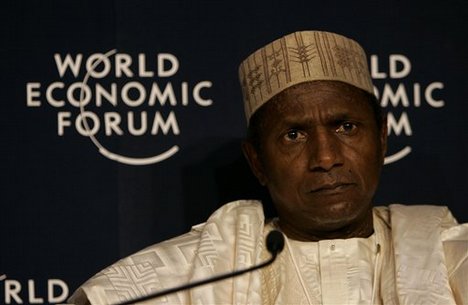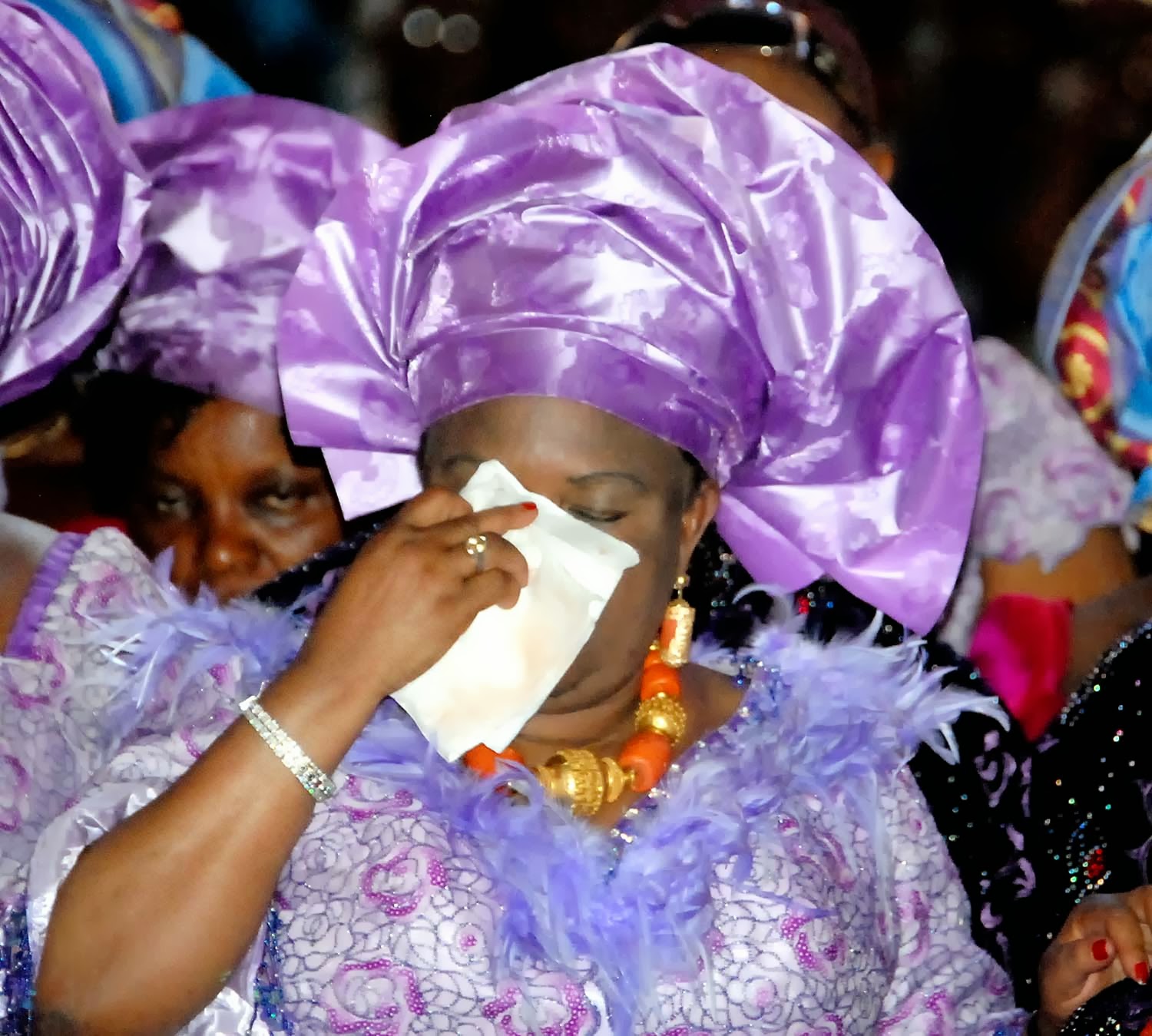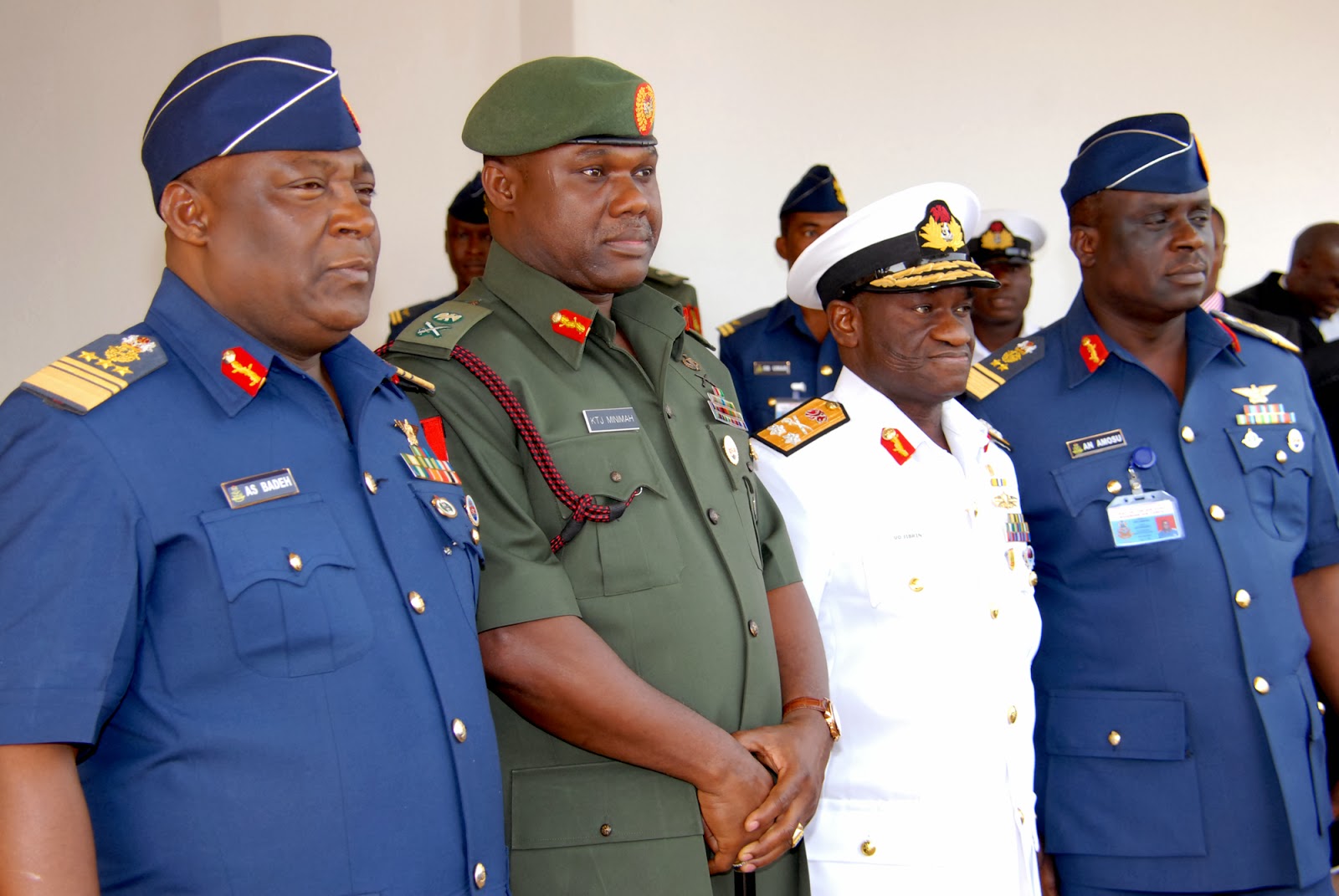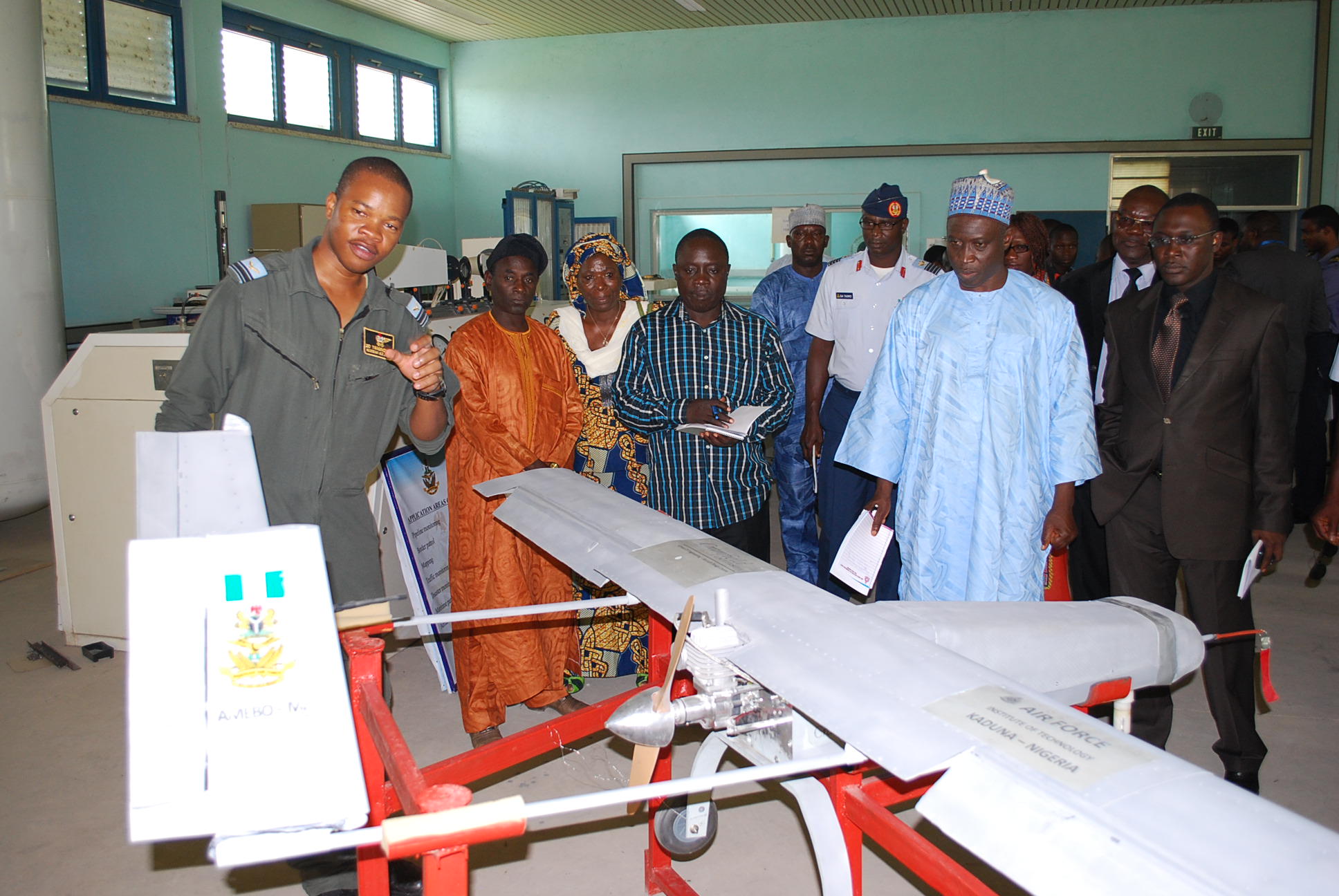He seems gone and forgotten, but before former President Umaru Musa Yar’Adua died in May 2010, he had introduced some ideas into leadership that got us talking. We can argue over the importance of these gestures, but they were good ideas all the same.
Servant Leader. “The Servant Leader is Here.” That was the catch line from Alhaji Umaru Musa Yar’Adua when he launched his presidential campaign in 2006. Hate it, like it – it was a first in our politics. And it was appealing: your leader is your servant. Umaru was known as a humble son of a humble father, the late Alhaji Musa Yar’Adua who was the minister in charge of Lagos in the first republic. In his short reign as president from 2007 to 2010, Yar’Adua maintained a low profile. Whether or not he was a servant leader will always be debated, but he was not the flamboyant and arrogant type.
Open Declaration of Asset. The law requires public officers to declare their assets, but Yar’Adua took a step further by making it public, even though that was not mandatory. His argument was that he had nothing to hide. He started the unusual practice as governor of Katsina State in 1999 and continued as President of Nigeria. The total value of his assets, as at 2007 when he came in, was N856,452,892. This included a total of N19 million owned by his wife, Turai. His total liabilities, being outstanding loans secured from the Unity Bank Plc, Imani Estate branch, Maitama Abuja, were put at N88,793,269.77. He inherited much of his wealth from his late brother, Maj. Gen. Shehu Musa Yar’Adua.
Electoral Reform. Yar’Adua came to power in controversial circumstances. The 2007 elections were the most haphazardly organised: ballot papers without serial numbers were used and candidates’ names were missing from the ballot, in addition to other major anomalies. At his swearing-in on May 29, 2010, Yar’Adua openly acknowledged that his election was flawed and promised electoral reform – again another unusual confession by a Nigerian president. He eventually set up the Electoral Reform Committee (ERC) headed by Justice Muhammadu Uwais. The panel made some far-reaching recommendations. The government white paper left out many of the recommendations which the civil society considered to be “key”. But at least he deserved some credit for initiating the process.
Advertisement
Rule of Law. Rule of law in democracy is supposed to be a given, but Yar’Adua came out clearly to make it his mantra. Under his predecessor, President Olusegun Obasanjo, rule of law meant different things. A court judgment was only obeyed as interpreted by Obasanjo. Processes were bypassed in impeachment of governors, while the Economic and Financial Crimes Commission (EFCC) had become a law unto itself. Yar’Adua sought to distance himself from these practices. He promised to uphold the rule of law at all times. He started well by implementing court judgments. He swiftly restored Peter Obi as the governor of Anambra State in 2007 after a court judgment. But his critics believed the rule of law mantra was just a PR gimmick and was designed to protect his friends from the anti-graft agencies.
Amnesty for Niger Delta militants. On assuming power, Yar’Adua announced a seven-point agenda. It ended up a mouthful and, in fact, a disaster, but Yar’Adua would be remembered for articulating the areas his administration would focus on. These were: critical infrastructure, the Niger Delta, Food Security, Human Capital Development, Land Tenure Reform, National Security and Intelligence and Wealth Creation. This was termed the 7-point agenda. If he succeeded in nothing else, he gave amnesty to Niger Delta militants and the rest is history.
Advertisement
1 comments






He was a good man. It is sad he had to leave the scene the way he did.